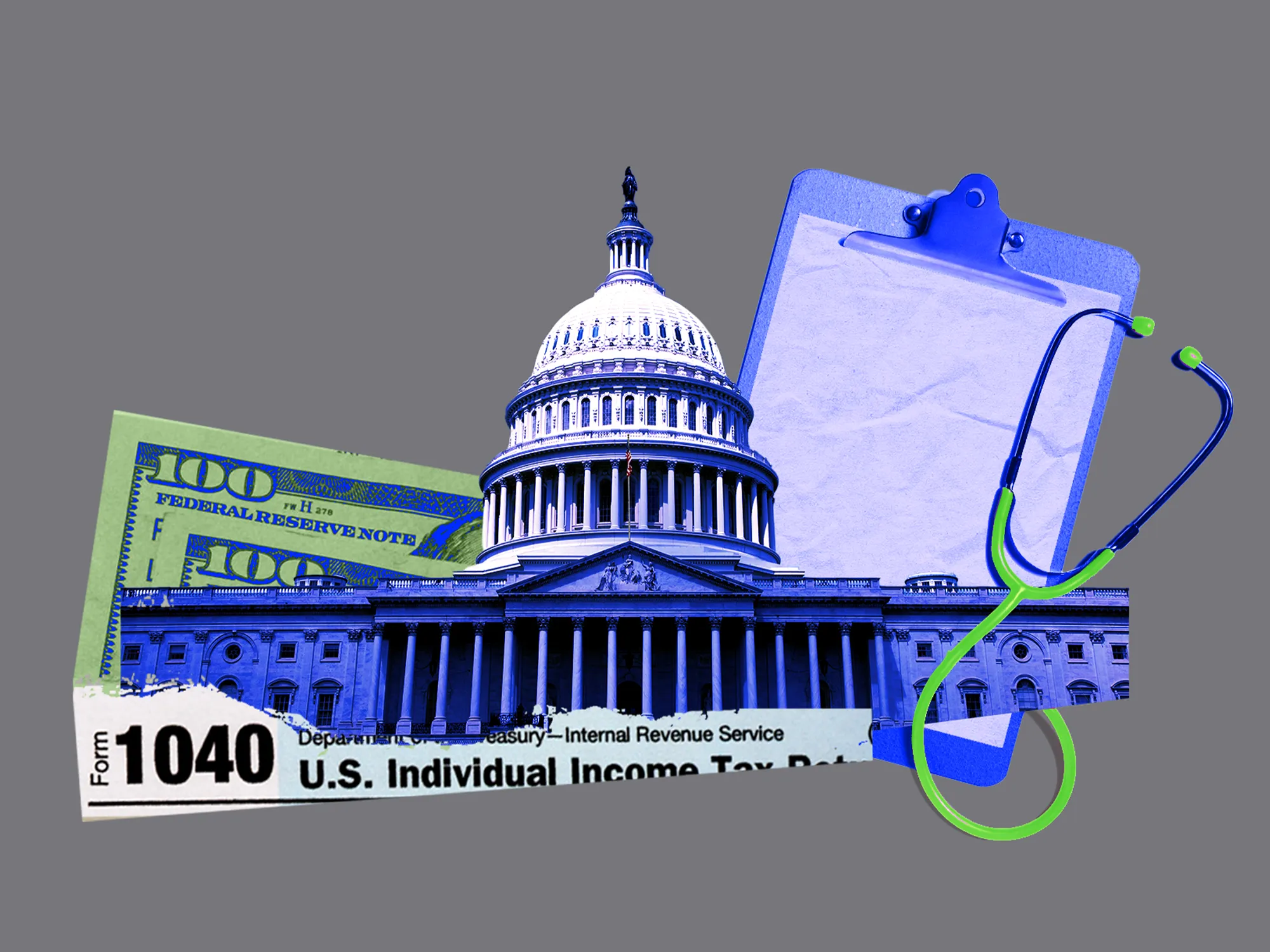Economy and Politics: The Crucial Battle Over Healthcare Tax Credits in Congress

Economy and Political Dynamics: Congress's Role in Healthcare Credits
Vice President Kamala Harris and former President Donald Trump have proposed differing visions for the economy, but a less discussed aspect is the Affordable Care Act (ACA) and its upcoming challenges. A report by KFF revealed that a critical ACA component introduced during the pandemic will expire in 2025, leading to potential increases in healthcare premiums for millions.
Recent Developments in Subsidies
- The American Rescue Plan Act expanded eligibility for premium tax credits in 2021.
- The Inflation Reduction Act further extended these subsidies until 2025.
- Enrollment in the ACA marketplace surged 79% since 2021, climbing to 21.4 million enrollees.
According to KFF, about 92% of enrollees qualify for premium tax credits, and the absence of these subsidies could hit about 19 million Americans with significant premium increases. As an example, a 45-year-old earning $25,000 may see their premium jump from $160 to $1,077 without these subsidies.
Legislative Attempts to Secure Benefits
- On September 25, Senators Jeanne Shaheen and Tammy Baldwin introduced the Healthcare Affordability Act.
- This bill aims to make the enhanced subsidies permanent.
- Identical legislation has been proposed in the House by Rep. Lauren Underwood.
Both houses must pass these bills before they present them to the president for signing, but the timeline for these decisions remains uncertain.
Cynthia Cox from KFF noted the critical role that low-income individuals, particularly those within 2.5 times the federal poverty line, have played in this surge in ACA enrollment.
This article was prepared using information from open sources in accordance with the principles of Ethical Policy. The editorial team is not responsible for absolute accuracy, as it relies on data from the sources referenced.